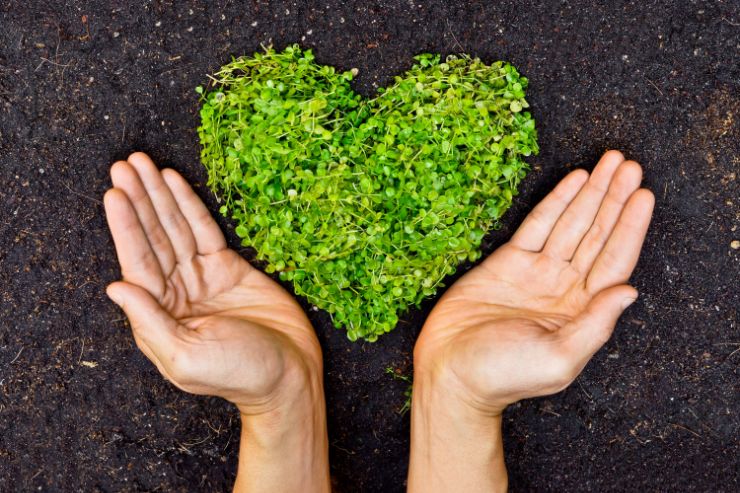Uniting Human Health & Climate Change Together as One

Over the last several years, scientists have taken note of substantial events that indicate accelerated decline in the Earth’s environmental sustainability. Many speculate that if climate-oriented initiatives are not adopted en-masse, we may cross the threshold of no-return within just a few years.
Recent study has shown that the Gulf Stream is nearing collapse, which could trigger substantial environmental changes. As a Green Seal certified commercial cleaning company, Pritchard stands by our standard for initiatives targeted at uniting human health & climate change.
About the Climate Crisis
At the moment, carbon dioxide (CO2) is one of the largest studied contributors to global climate change. The result of pouring so much CO2 into the air is an immediate threat to economic and ecological sustainability. Green cleaning is one area in which private businesses are uniquely positioned to make an impact on human health & climate.
Tropical storm systems are becoming worse with each passing year, temperature variations are swinging more wildly with the seasons, and air quality is at an all-time low in regions like Bakersfield, CA, which regularly exceeds harmful particulate concentrations in the air as set by the World Health Organization (WHO).
Ignoring the climate crisis is likely to result in severe consequences, such as widespread illness, community displacements, food shortages, and even mental health issues on a massive scale. When the air we breathe is filled with harmful particles, it can cause mental deterioration and even destroy crops.
Some American communities have been displaced not just by fires, but just by the massive amounts of smoke and ash that have ensued.
Rising Concerns for Human Health After the Pandemic
Especially given the changes we are experiencing with increased demand for electricity as the COVID-19 pandemic has progressed, environmental concerns have only grown over the last couple of years. While fewer cars have commuted in metropolitan areas, the power plants that fuel these sprawling cities account for a massive amount of global CO2 emissions.
Supply shortages, ruined crops, lost jobs, and economic shutdowns have plagued the world at large, though many areas of America have been hit particularly hard. More than four million people have lost their lives to COVID-19 and the associated virus variants.
Many buildings lacked critical cleaning and ventilation systems, leading to profoundly poor inside air quality. Further, indoor air quality has contributed substantially to employee illness and absenteeism. No one was ready for an event like the pandemic, but time and expertise are allowing businesses to implement solutions such as higher-volume ventilation systems, that can improve indoor air quality massively and reduce the risk of spreading pathogens in the future.
How we can Make a Difference on Health & Climate
Improving air quality, reducing unnecessary electricity expenditures, and keeping up to date with health & safety guidelines regularly are among the most effective ways to prepare for the next pandemic. Other substantial changes will follow suit, such as supply chain resilience and logistics preparedness will also be key to ensure that products like toilet paper, hand sanitizer, and masks are available at all times.
Many companies in the logistics and supply chain sectors have begun implementing high-tech solutions to ensure that goods are available at scale. Artificial intelligence (AI) offers predictive analytics and advanced resource mapping, blockchain technology offers huge improvements to supply chain transparency and visibility, and emerging technology, such as CO2 scrubbing at ultra-fine levels, such as the levels present in open-air.
The last element to preparing for future pandemics is practicing and enforcing regular sanitation training and procedural sanitation enforcement. Training employees on effective cleaning processes is key to future pandemic preparation success.
